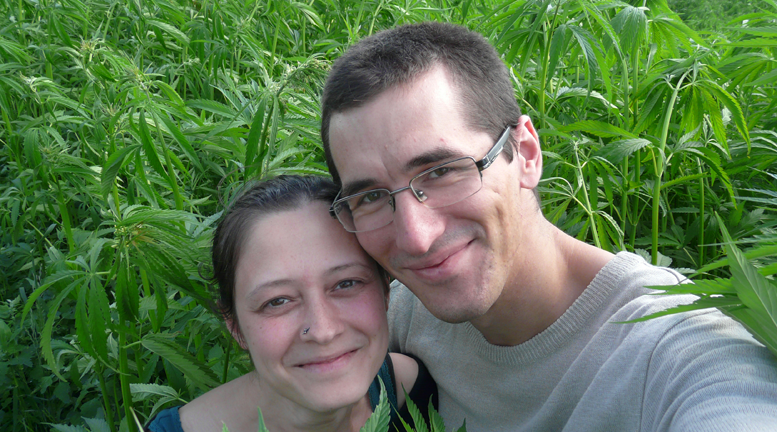When Maciej Kowalski started talking about hemp a few years ago, people looked at him like he was crazy, recalls the Polish entrepreneur, founder of HemPoland, a diversified, vertically integrated hemp grower and producer based in northeastern Poland. “I was seen as a lunatic, talking about the revival of a plant that nobody had seen in Poland for decades,” he said.
Three years later Kowalski doesn’t seem so crazy. HemPoland will manage 600 ha (about 1,500 acres) of hemp fields this spring, up from 350 ha (865 acres) in 2016, and has a major hit on its hands in CannabiGold, a CBD product for which the company last year quickly built up distribution assets in seven European countries; two additional Euro markets are expected to be added soon. The company also sells bulk CBD in the U.S.
Rave reviews
CannabiGold, which has gotten rave reviews in the industry since its debut, is churned out from an ultra-modern processing facility at the company’s base in the Żuławy region, an historic hemp-farming area in Poland. Raw material for that product is grown on 60 ha that are owned directly by the company – fields it tightly controls as it manages CBD production from field to shelf.
“We want to be 100% in control of everything including cultivation. We are totally crazy about quality,” Kowalski said of HemPoland’s CBD operation. It’s a philosophy HemPoland intends to apply as it expands its hemp product lines through the use of other parts of the plant.
To make CannabiGold, HemPoland uses technology based on supercritical fluid extraction with carbon dioxide – eschewing the trend toward a multi-step process used by some CBD processors in which a crude form of CO2 extraction is followed by the application of solvents to separate out the cannabinoids.
Extensive research
“We’re CO2 freaks,” noted Kowalski, who employs three PhDs in a research lab which is also on-premises at the company’s headquarters. One of those is Kowalski’s wife, Beata Plutowska, a specialist in food chemistry who worked for three years at the European Commission, and has several years experience in the pharmaceutical industry.
Aside from the “tens of thousands of man-hours” of research into CBD production – which supports a growing product range that also includes e-liquids, cosmetics, chewing gum and food products – the company’s R&D extends to the application of seeds and flowers to traditional hemp food production, and the plant’s stalks for the construction industry.
Keeping focus
Base material for those products come from the remaining 540 ha (1,300 acres) of hemp fields in the company’s portfolio, which HemPoland contracts out to local farmers – and most of which currently goes to meet the rising demand for hemp-based food, Kowalski noted.
But for now the company remains primarily focused on CannabiGold and developing the technology and a manufacturing culture that always reaches for the highest quality.
“All the talk about hemp saving the world will just remain talk if we don’t push for technological breakthrough that would allow hemp to be used broadly, without making the price tag too high,” he said.

